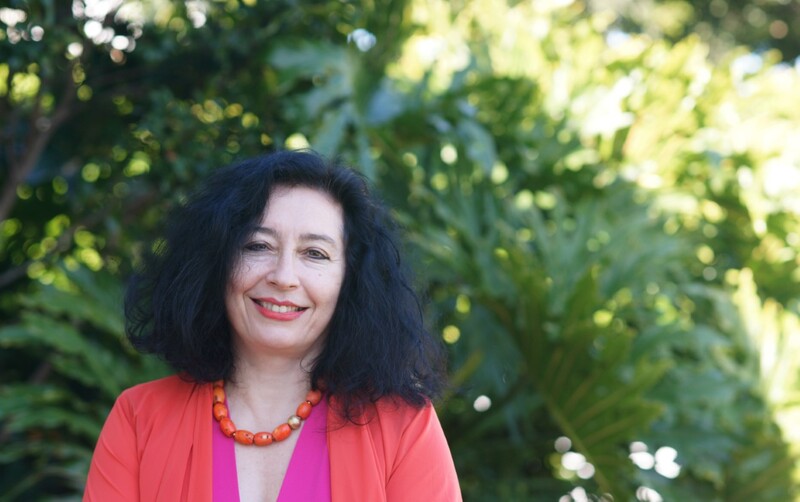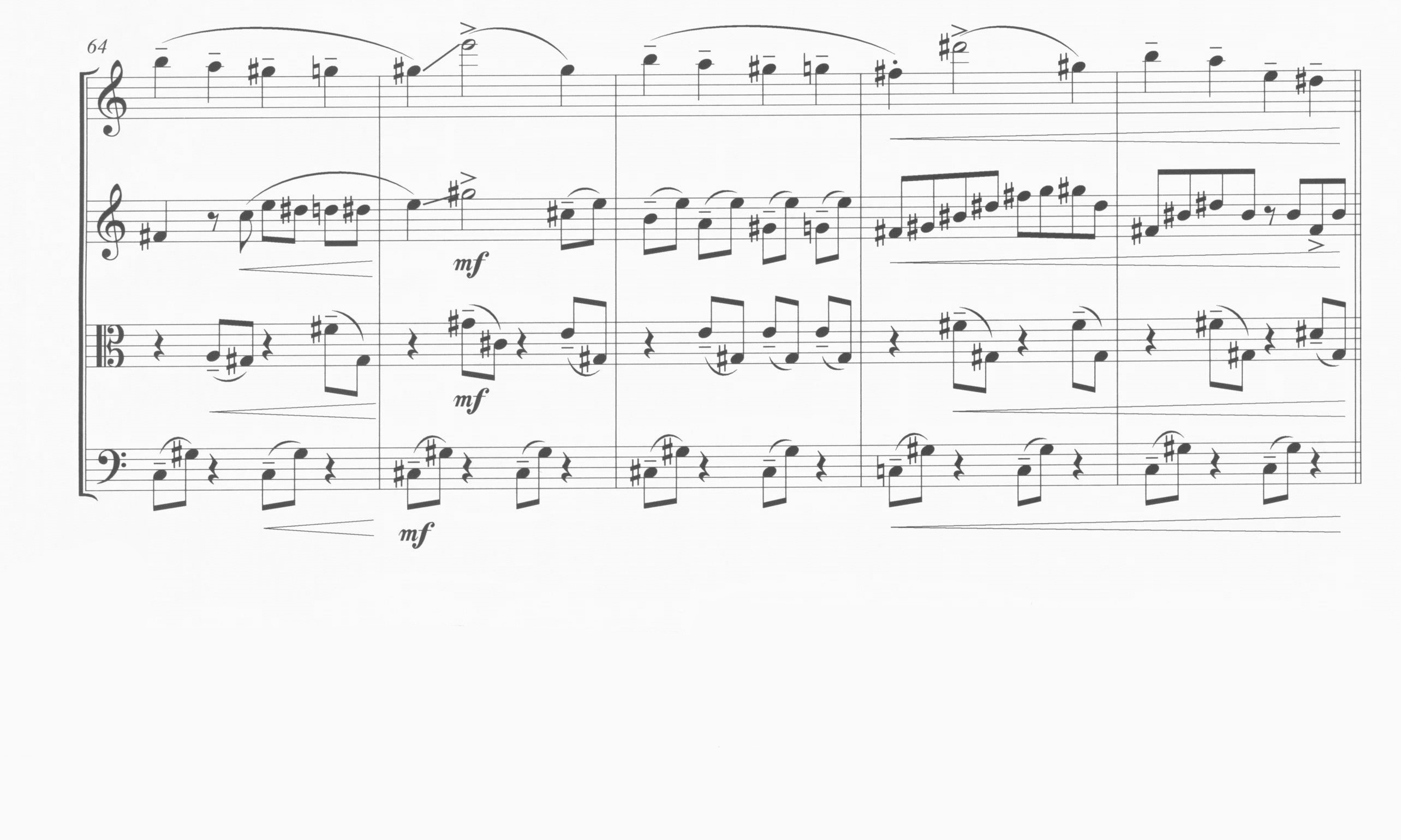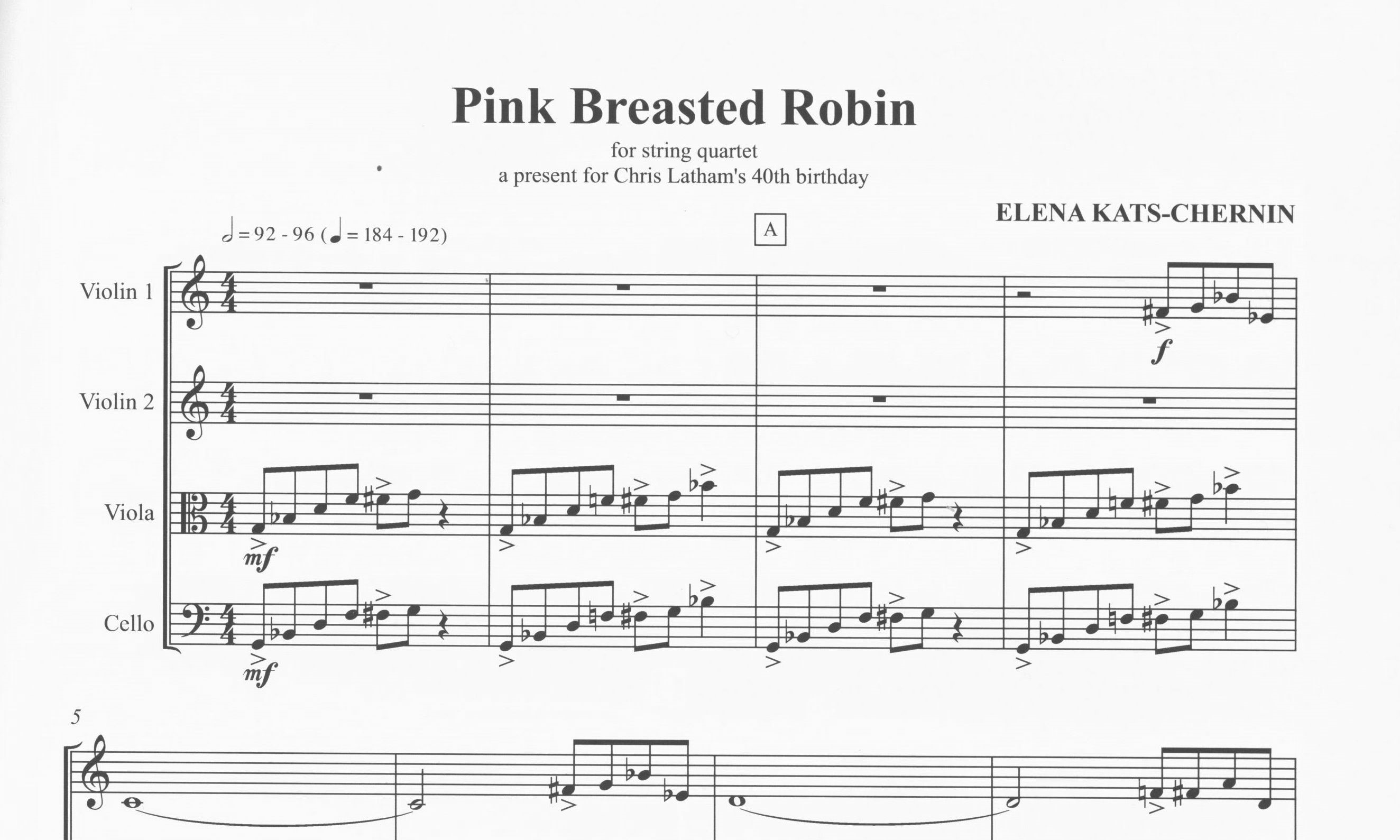Elena Kats-Chernin
Item
-
Name
-
Elena Kats-Chernin
-
Bio
-
Kats-Chernin, who was born on 4 November 1957 in Tashkent, Uzbekistan, as the younger of two daughters of a physician and an engineer, grew up from the age of four in the Russian regional capital of Yaroslavl. She devoted herself since earliest childhood to piano playing. She received instrumental instruction at music school, and later also composition lessons at the Sobinov Conservatory in Yaroslavl. At the age of fourteen, she passed the entrance examination at Moscow’s Gnessin Academy of Music and was one of nine candidates accepted from among 600 applicants. During her training there, her family decided to follow Kats-Chernin’s aunt and uncle, who had emigrated with their family to Australia, and so in 1975, at the age of seventeen, she settled in Sydney, where she continued her studies at the Conservatory of Music with Richard Toop (composition) and Gordon Watson (piano), among others. She received her diploma in 1979, whereby she was the first graduate to be granted a double degree as pianist and composer; for her concert exam, she played her own piano concerto, which also won her the Frank Hutchens Scholarship for Composition of the Music Teachers’ Association of New South Wales.
By means of a DAAD scholarship, she came to Germany, where she studied with Helmut Lachenmann in Hanover from 1980 to 1982 and lived for nearly fourteen years. Kats-Chernin wrote many works for theater and ballet. Her collaborations with director Andrea Berth and choreographer Reinhild Hoffmann led to productions at Vienna’s Burgtheater, at the Schauspielhaus Bochum, and the municipal theaters in Hamburg and Berlin. A close collaboration developed with Ensemble Modern, for whom Kats-Chernin composed the piece Clocks, which was premiered in late 1993, attracted great international attention, and subsequently played by many ensembles, as was the Concertino with solo violin (1994). Shortly before this, in 1993, she composed her first large-scale orchestral work, Retonica, a commission from the Australian Music Centre. Starting around this time, Kats-Chernin underwent a fundamental turn away from modernistic, noise-like musical language to a more accessible tonal style as, for example, in Zoom and Zip (1998). Since then, her music can be described as a personal amalgam of different influences; these include elements of minimal music, dance-like music, classical models, for example from Russian music or the Baroque, as well as Jewish and other folk music traditions.
Reprinted by kind permission of Boosey & Hawkes




